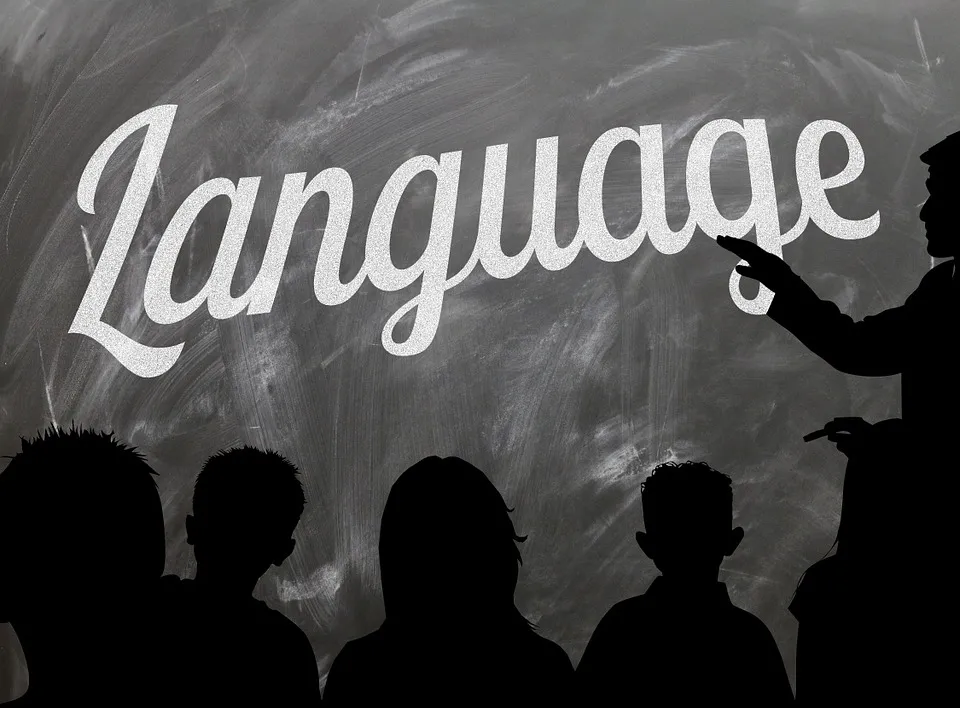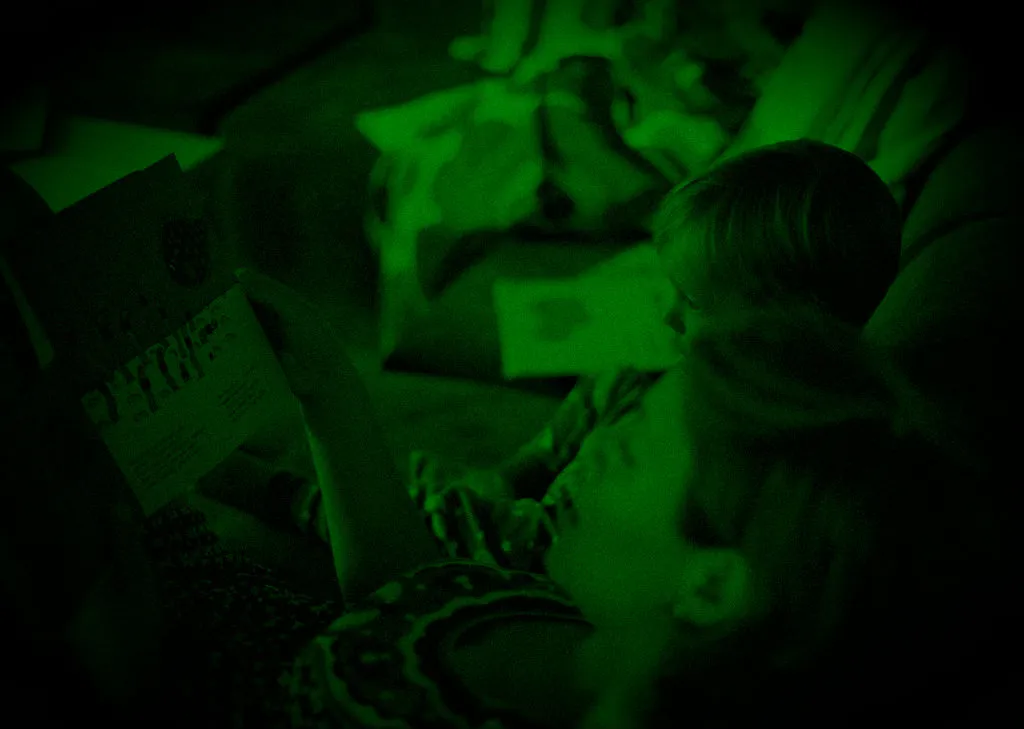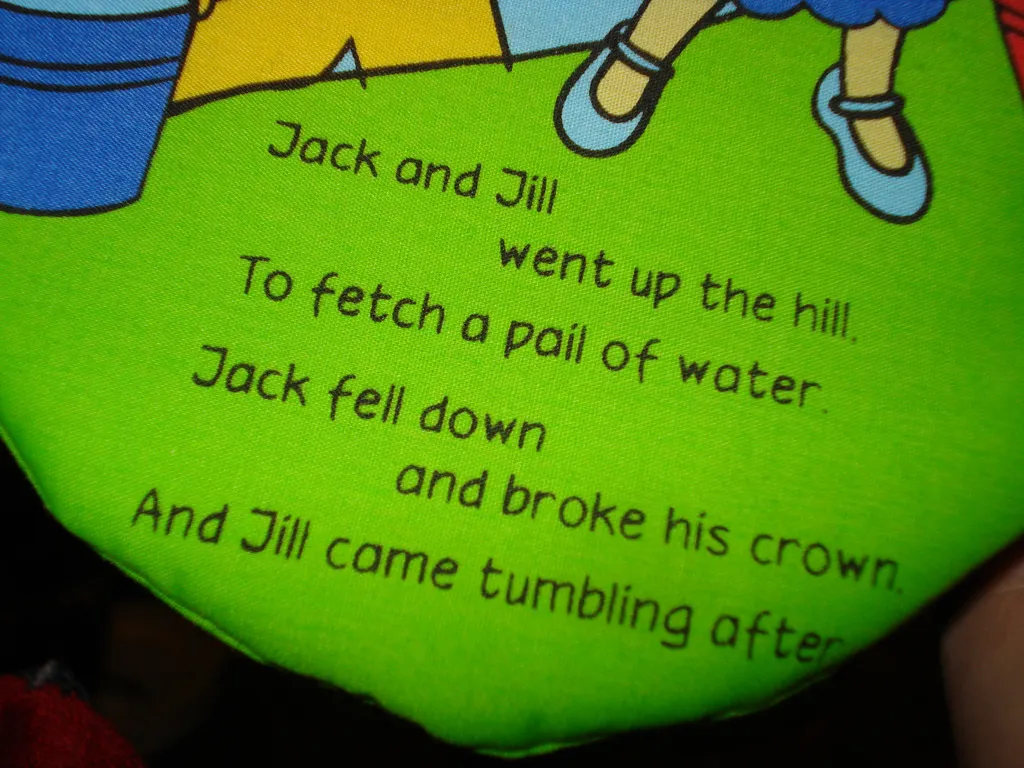
In my previous post, My Literacy History: How I have Developed and Continued to Grow my Love for the English Language, I explained how my passion and love for reading came about. I learnt how to read and write in Filipino at 3-4 years old. Since then, and as far as I could remember, I would read folks, legends, myths and even biographies of the Philippine national heroes, then I would share what I had read to adults and other children, mostly my siblings. My vocabulary in Tagalog language became richer through avidly reading. And as for the English language, when the level of my comprehension progressed, my love for reading continued to grow, as well, and as a result, reading became more pleasurable and fun, than just a mere chore or a school requirement.
However, language is not just talk (or verbal communication). Jean Piaget and Lev Vygotsky, two of the most prominent psychologists, recognised the importance of the relationship between thought and language. To put it simply, children use words (vocabulary) as their way to understand important concepts.

Children also use language for thinking. Those who have richer vocabulary are often able to think more deeply. They have also the ability to express themselves more clearly and to learn new things more quickly. The knowledge just keeps on growing and building more knowledge, and more word power. Therefore, by the time that the children get to school, they will have two essential skills that are crucial to later reading success, and those are knowledge about their world and the language to use to communicate with others.
Going back to the question, how, then, do you help your children build a rich vocabulary day by day?
Well, keep them talking!
Let your children become engaged with the people around them. The richer the language children hear every day, the more well-developed their own language will be.
I remember as a child, when my grandmother was still living in our house, we were allowed to join in adult conversation only when directly asked to, otherwise, we must go upstairs and stay in our room. Fortunately for me and my siblings, my father encouraged us to express our ideas especially when we would have our Bible study every night. We would read a chapter from the Bible and then later on, our father would ask us what our understanding was from what we read.
In other words, listening to conversation is not enough. Children have to be active participants in conversations. You can help them learn language and vocabulary through shared reading (not just reading to them) and guided play.
Use oral storytelling.
Telling stories require active listening. When you tell a story to them, they must listen carefully to your words and the changes in the tone of your voice. By doing this, you are engaging them into your storytelling and they will be able to make predictions as you go along. After telling your story, ask them questions and what sense they can make out of what they have just listened to. You can also encourage them to re-tell the story to their siblings or to other children or even adults.
Pull words from picture books.
Do you read books to your children as part of your bedtime routine? Do you know that this routine allows you to share the warm intimacy of reading to your children? It is a special bond that your children can always look forward to throughout the day knowing that before they go to bed to sleep, their parents will have this dedicated time only for them. Before reading the story to them, go over some of the words that might not be familiar to them. After enjoying the story, go back to those words and help your children explore other words that might be related. You may read the same story book for many nights so that your children will remember the vocabulary.
Sing songs and nursery rhymes.
Songs, rhymes and poems are always a hit among young children. Do you know that songs can improve children's memory, vocabulary, and creative uses of language? It is easier for anyone to memorise a song than a short paragraph of a story, right? Children find it easy to learn and remember nursery rhymes, too. Not only that they love the lyrics of these jingles, but they also benefit when it comes to developing language and recognising the sound structure of words.
Until now, I still remember Jack and Jill which I learnt when I was in kindergarten. I still and will always remember Jack and Jill's bad tumble from up the hill. Words like crown and fetch were hardly used in everyday conversation, but this nursery rhyme, along with many others, enhanced the range and uniqueness of my growing vocabulary.
So, never underestimate the importance of language and vocabulary because these help build literacy for your children's lifelong learning.
Reference:
Neuman, S. (2006). Speak Up!. Early Childhood Today: The Magazine for Early Childhood Professionals, February 2006, Vol. 20, No. 4. Scholastic Inc.: New York, NY
(Susan Neuman, Ed.D., is an early literacy expert and a professor of early childhood studies at the University of Michigan. She also directed the Center for the Improvement of Early Reading Ability.)

Join our #SteemBulls Community Discord Server: https://discord.gg/qy5H8rW
and meet our Admins @pkalra, @honeychum and @bunnychum
Come and join and be inspired!!!
Check out posts by @sarahdandridge, @ryl, @dangerousangel, @pkalra, @honeychum, @bunnychum and many more!!!
Steembulls Image Source: @steembulls
Have you voted for witnesses yet? I voted for @steemgigs, @cloh76.witness, @yabapmatt, @themarkymark, @pharesim, @ausbitbank.
To cast your votes, click this link: https://steemit.com/~witnesses .



